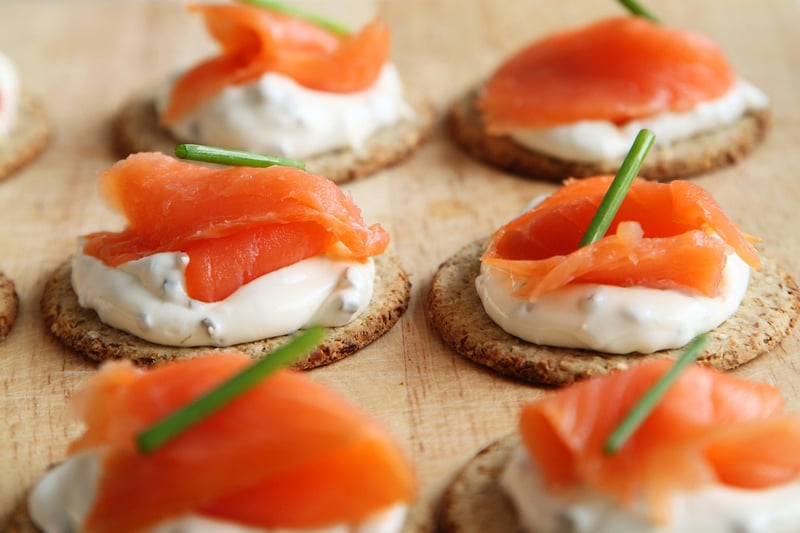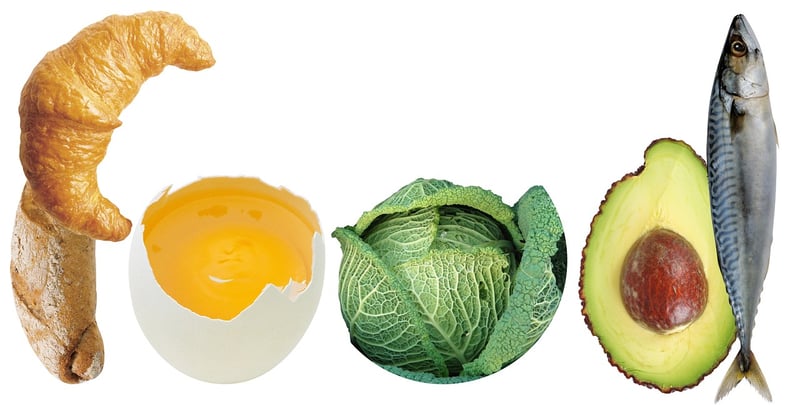Nutrient Dense Meals
The Importance of Nutrition for Wellness and Nutrient-Dense Meals
Eating a well-balanced diet is essential for maintaining good health and overall wellness. The food we consume provides the necessary nutrients that our bodies need to function properly and stay healthy. By focusing on nutrient-dense meals, you can ensure that you are getting the most out of your diet.
What are Nutrient-Dense Foods?
Nutrient-dense foods are those that are packed with essential nutrients like vitamins, minerals, fiber, and antioxidants, but are relatively low in calories. These foods provide a high amount of nutrients compared to the number of calories they contain, making them an excellent choice for overall health.
Benefits of Nutrient-Dense Meals
- Provide essential vitamins and minerals for optimal health
- Support healthy weight management
- Boost energy levels
- Help reduce the risk of chronic diseases
- Improve overall well-being
Examples of Nutrient-Dense Foods
Include a variety of the following foods in your diet to ensure you are getting a good balance of nutrients:
- Leafy green vegetables such as spinach, kale, and Swiss chard
- Colorful fruits like berries, oranges, and apples
- Whole grains such as quinoa, brown rice, and oats
- Lean proteins like chicken, fish, tofu, and legumes
- Healthy fats from sources like avocado, nuts, and olive oil
Creating Nutrient-Dense Meals
When preparing your meals, aim to include a variety of nutrient-dense foods from different food groups. Focus on incorporating colorful fruits and vegetables, whole grains, lean proteins, and healthy fats into your meals to ensure you are getting a good mix of nutrients.
Here is a simple example of a nutrient-dense meal:
- Grilled salmon with a side of quinoa and steamed broccoli
- Mixed berry salad with a sprinkle of nuts for dessert
- A glass of water or herbal tea to stay hydrated
Conclusion
By prioritizing nutrient-dense meals and focusing on consuming a variety of whole foods, you can support your overall health and well-being. Remember to stay hydrated, limit processed foods, and enjoy a balanced diet to feel your best every day.
For more information on nutrition and wellness, consult a registered dietitian or nutritionist to create a personalized meal plan that meets your specific needs and goals.


